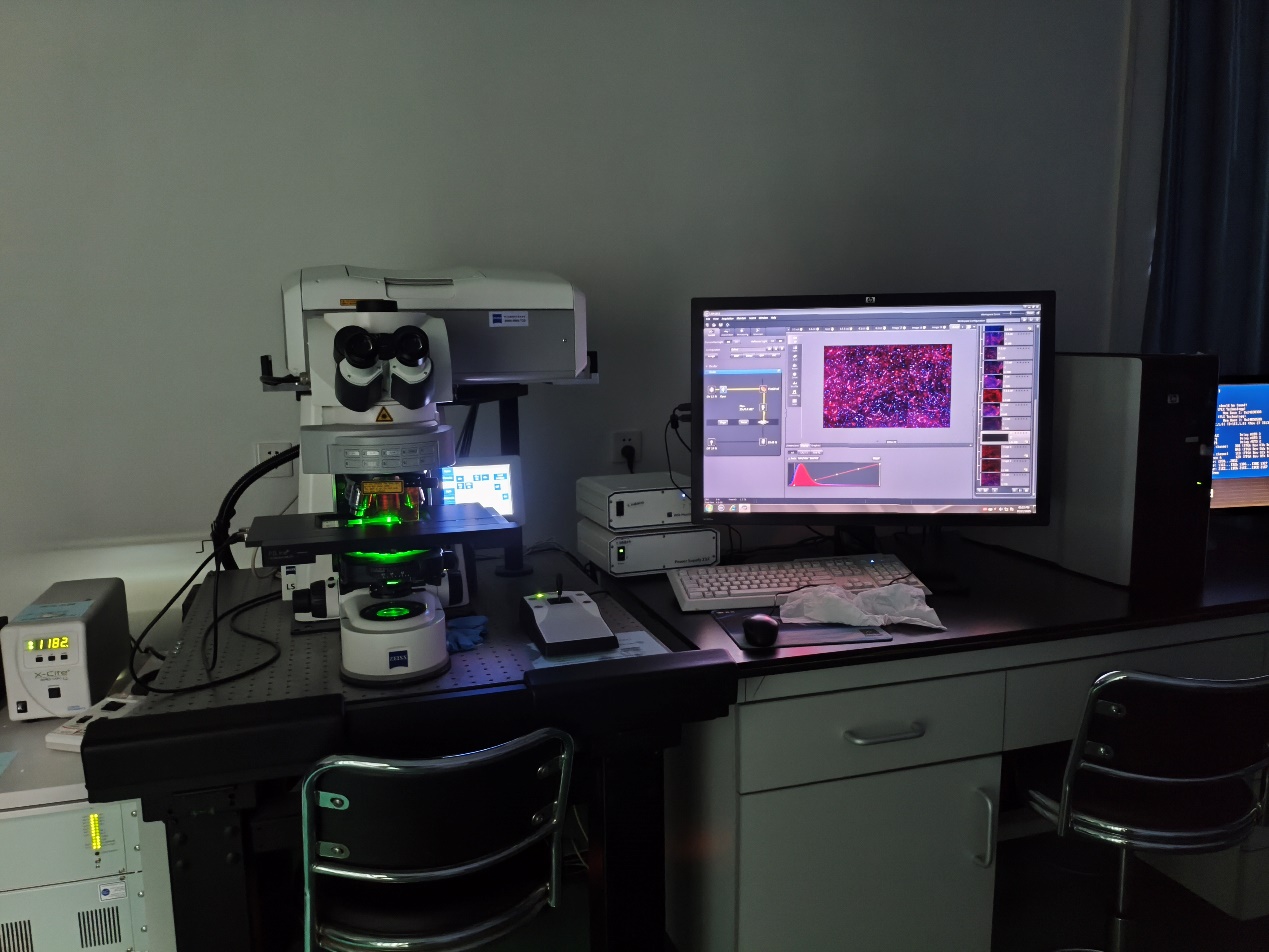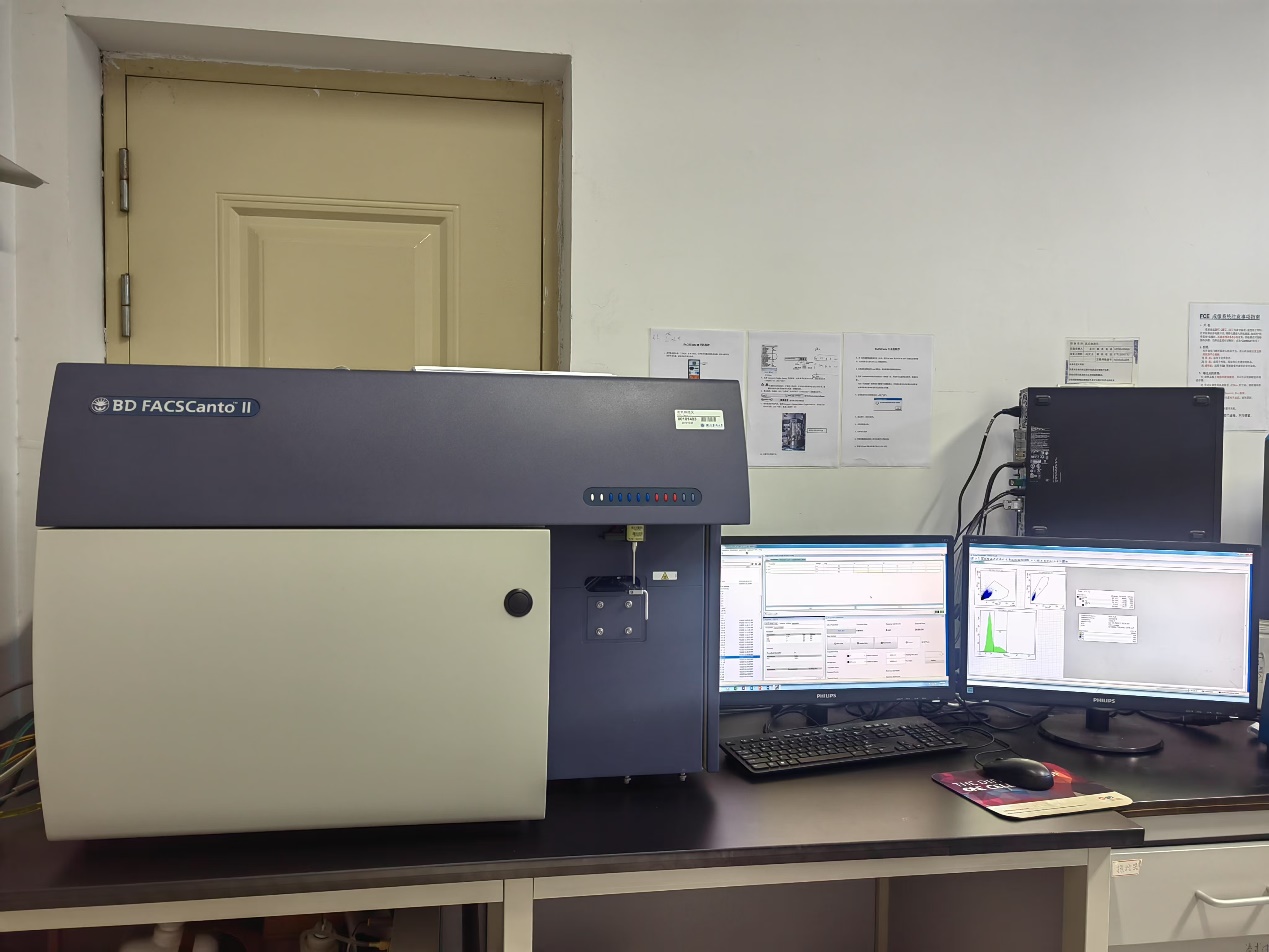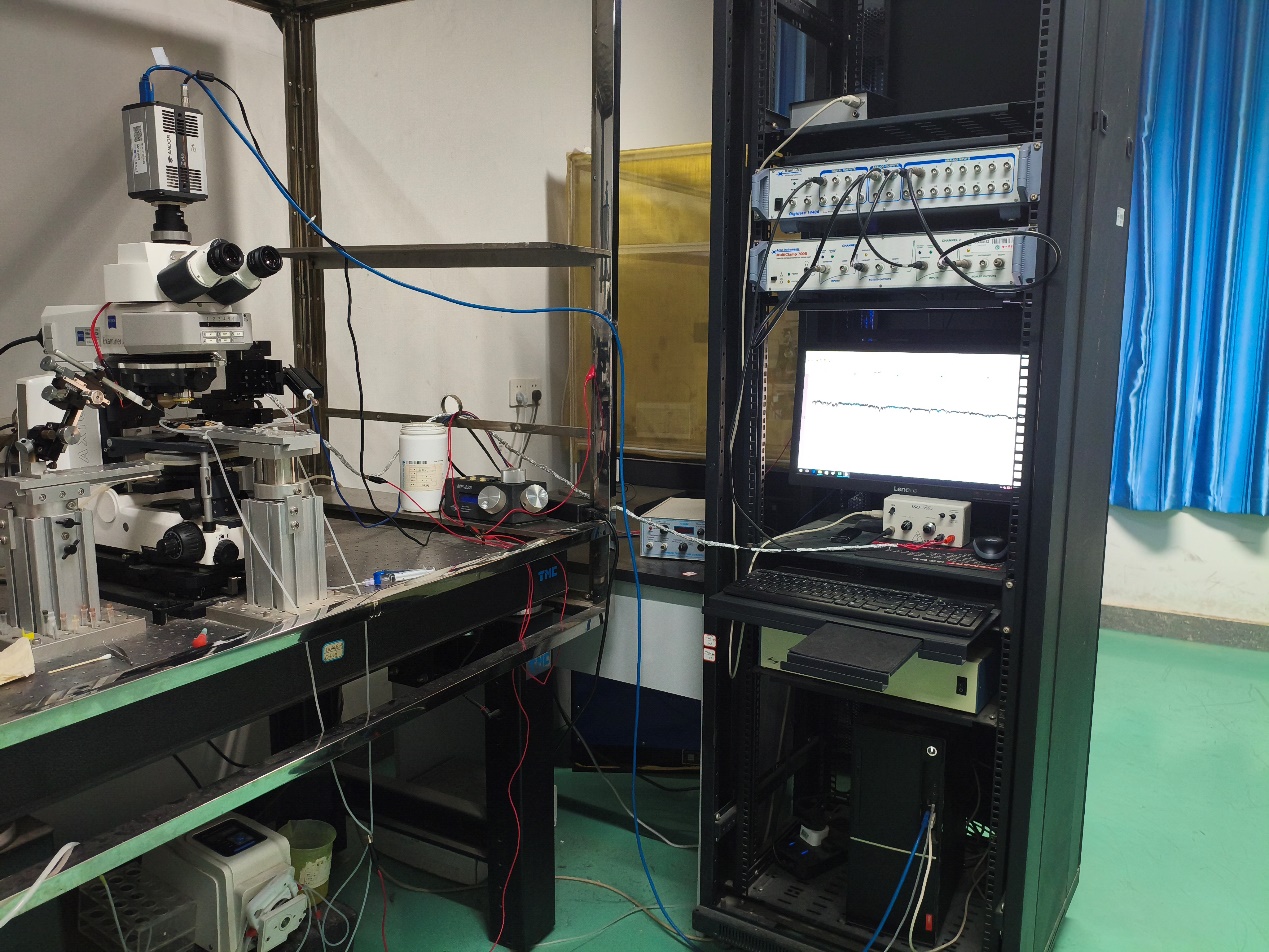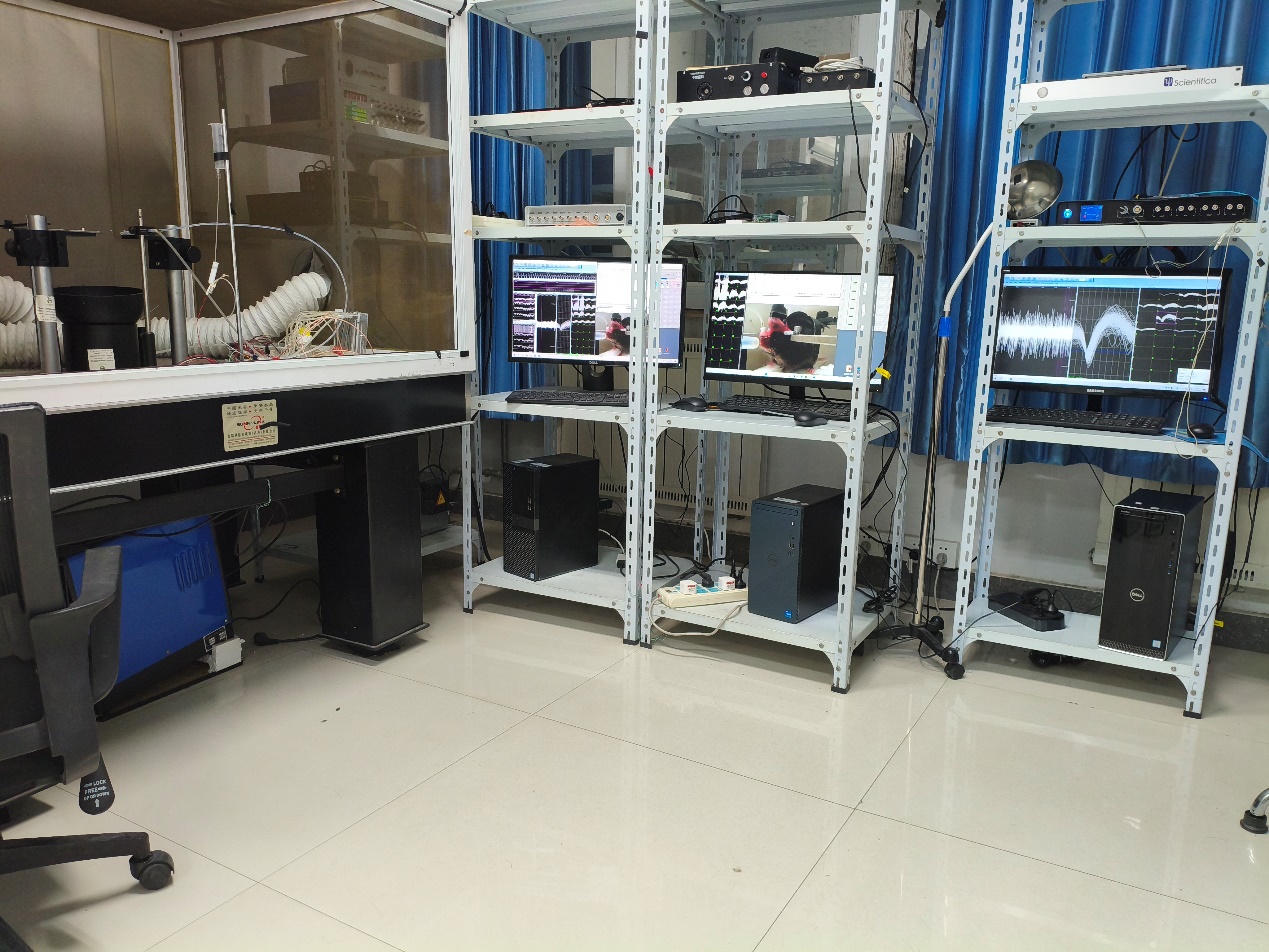Laboratory address: Block B and D on the third floor of the Science and Education Building
Laboratory introduction: The Jiangsu Key Laboratory of Brain Disease Bioinformation has its origins in the Jiangsu Key Laboratory of Biochemistry, established in 1984. In 1994, the Research Center of Biochemistry and Molecular Biology was founded, and in 2005, it was officially recognized as the Jiangsu Key Laboratory of Brain Disease Bioinformation. The laboratory’s research team has long focused on the study of neurological development, neurological function, and various neurological diseases.
Spanning an area of approximately 4,000 square meters, the laboratory houses several research platforms, including the Proteomics Research Platform, Electrophysiology Research Platform (featuring in vivo electrophysiology, brain patch clamp, cell patch clamp, optogenetics, etc.), Ethology Research Platform, Molecular Biology Research Platform, Genomics Research Platform, Morphology Research Platform (equipped with a laser confocal microscope, live cell workstation, inverted fluorescence microscope, and orthogonal optical microscope), and a Routine Laboratory Platform (featuring a biochemical laboratory and cell room). The total value of the laboratory's equipment exceeds 30 million yuan.
The disciplines of biochemistry and molecular biology on which the laboratory is based are the traditional advantageous disciplines of our university, and the key discipline of the "Ninth Five-Year Plan" , "Tenth Five-Year Plan" , and "Eleventh Five-Year Plan" of Jiangsu Province. In 2010, it was designated a project discipline (biology) as part of the "Jiangsu University Advantageous Discipline Construction Project Phase I". In 2014, following successful acceptance, it became the project discipline (medical biology) of the "Jiangsu University Advantageous Discipline Construction Project Phase II ". The discipline was approved as a master's degree program in 1984, granted doctoral degree authorization in 2013, and began recruiting doctoral students. In 2014, a mobile postdoctoral station in biology was established, and in 2018, it was named a project discipline (basic medicine) in the "Jiangsu University Advantageous Discipline Construction Project Phase III."
The discipline has received numerous accolades, including the Second prize in Science and Technology Progress from the National Education Commission, the Second prize in Natural Science from the Ministry of Education(awarded twice), the Second prize in Chinese Medical Science and Technology, the Second prizein Science and Technology awarded by the People's Government of Jiangsu Province, the Second and Third prize in Science and Technology Progress of Jiangsu Province, and the Second Prize in Jiangsu Province Medical Science and Technology.
The laboratory is home to two Jiangsu Province "Qinglan Project" scientific and technological innovation teams. Currently, the laboratory employs 8 professors and 20 associate professors, including 4 Jiangsu Special Professors, 7 doctoral supervisors, 23 master’s supervisors, and 49 staff members holding doctoral degrees, 1 person has been selected as a "New Century Talent" by the Ministry of Education, 1 person at the second level of the "333 Project" in Jiangsu Province, 4 people at the third level of the "333 Project" in Jiangsu Province, 2 people in the "Six Major Talent Peaks" of Jiangsu Province, 2 young and middle-aged academic leaders in the "Qinglan Project" in Jiangsu Province, 12 doctors in the provincial "Double Innovtion", and 3 backbone teachers of the "Qinglan Project" in Jiangsu Province. Over the past 30 years, the laboratory has cultivated outstanding master’s and doctoral students, many of whom have gone on to become key figures in the field of medicine and biology, both domestically and internationally.

Laser confocal

Flow cytometer

Patch clamp

In vivo electrophysiological signal recording and analysis system